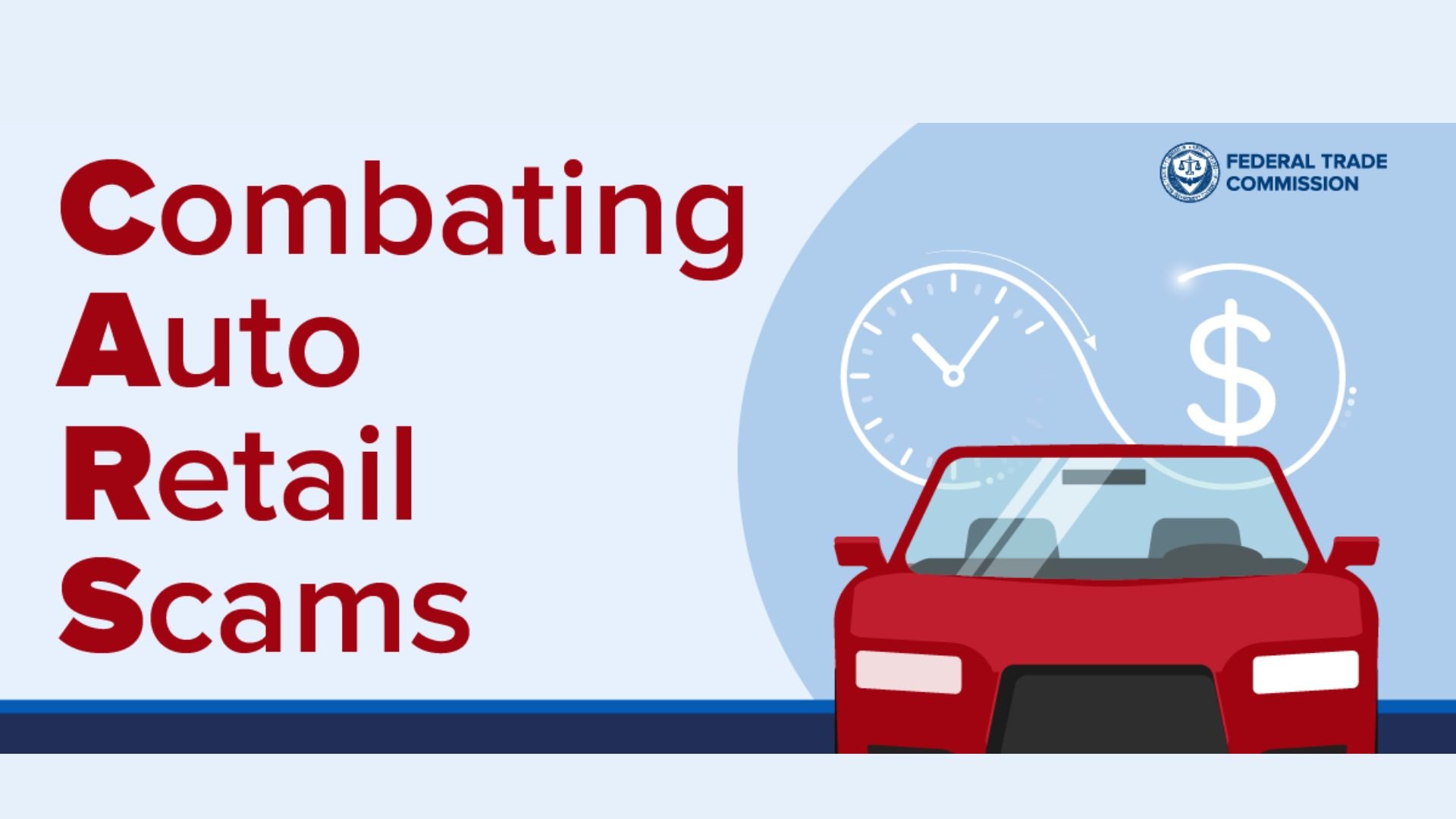What is the FTC CARS Rule?
Certified Content Writer at Big Valley Auto Auction. Victor likes to mix storytelling and humor into his articles.
In 1921, John Augustus Larson created the lie detector to help investigators solve criminal cases by measuring how a person’s blood pressure, heart rate, and breathing respond to questions. This helped figure out if criminals were lying about not being involved with breaking the law. This is similar to the Federal Trade Commission creating the CARS Rule policy to prevent dishonest car dealers from lying to buyers and scamming them.
After being proposed in July 2022, the Federal Trade Commission (FTC) approved the CARS Rule on December 12, 2023.
In this article, you’re going to learn what the CARS Rule is and how it protects car buyers.
After reading this article, you’ll have the information needed to understand the FTC's new CARS Rule and how car buyers and dealers will be affected.
What is the CARS Rule?
The CARS Rule is a rule that aims to provide transparency in the car buying process. CARS stands for Combating Auto Retail Scams, and their main goal is to prevent scams such as hidden charges and false advertising of a vehicle.
How Does the CARS Rule Protect Car Buyers?
Although the FTC doesn’t use a lie detector to tell if dealers are lying, their CARS Rule follows 4 principles to prevent dishonest dealerships from providing unethical services to buyers.
- Prohibited misrepresentation
- Offering price, total payment, and optionality of add-ons
- Prohibited add-ons
- Consumer consent
Prohibited Misrepresentation
This rule states it is against the law to lie about important information when selling a car. This applies to 16 different areas of the car buying process. These areas include:
- The cost or terms of buying, financing, or leasing a car.
- Any extra products or services you are offered.
- Whether you're getting financing or a lease.
- If advertised discounts are available to everyone.
- If the cars advertised are available.
- If you're pre-approved for a loan or service.
- Any information you provide for financing.
- When the deal is finalized.
- What happens to your down payment or trade-in if the deal falls through.
- If the dealer will pay off your old car's loan.
- If customer reviews are unbiased.
- Any government affiliations or endorsements claimed by the dealer.
- If you've won a prize or sweepstakes.
- Whether the car can be moved or repossessed.
- Required disclosures under the CARS Rule.
Offering Price, Total Payment, and Optionality of Add-Ons
The CARS Rule requires dealers to list the total amount you’ll pay for a vehicle. For example, if a dealer wants to sell a vehicle for $10,000 with a $200 fee, they must list the advertised price as $10,200.
Prohibited Add-Ons
The CARS Rule makes it illegal to charge buyers for add-ons that don’t provide any benefit for the customer. For example, the CARS Rule does not consider costs related to rustproofing or paint sealants as benefits for the buyer.
Consumer Consent
The CARS Rule requires dealers to get the buyer’s consent before charging them for anything. This means you must be fully aware of what you’re being charged for and the total amount of the charge. Car dealers must have this information confirmed in writing, and verbally for in-person transactions.
What Happens If You Don't Follow the CARS Rule?
If a seller violates the CARS Rule, the seller's business will have to give the money back to the buyer and pay a penalty of as much as $50,120.
Do I Understand The New CARS Rule?
Just like lie detectors are used to determine someone is telling the truth, the FTC’s CARS Rule prevents car dealers from lying to car buyers about a vehicle’s representation, price, add-on services, and customer consent.
Whether you're a first-time car buyer, a buyer that’s been scammed in the past, or you just want to stay updated, you can use this article as a guide to ensure that you don't fall for any scams.
Similar to the FTC’s CARS Rule, Big Valley Auto Auction uses AutoGrade to accurately represent a vehicle’s condition. If you'd like Big Valley Auto Auction to perform a condition report on your vehicle, click the button below to speak with our dealer registration specialist to get you registered.
Not ready to talk? That’s okay! First, learn more about what it’s like to buy and sell at Big Valley Auto Auction by clicking the image below:




